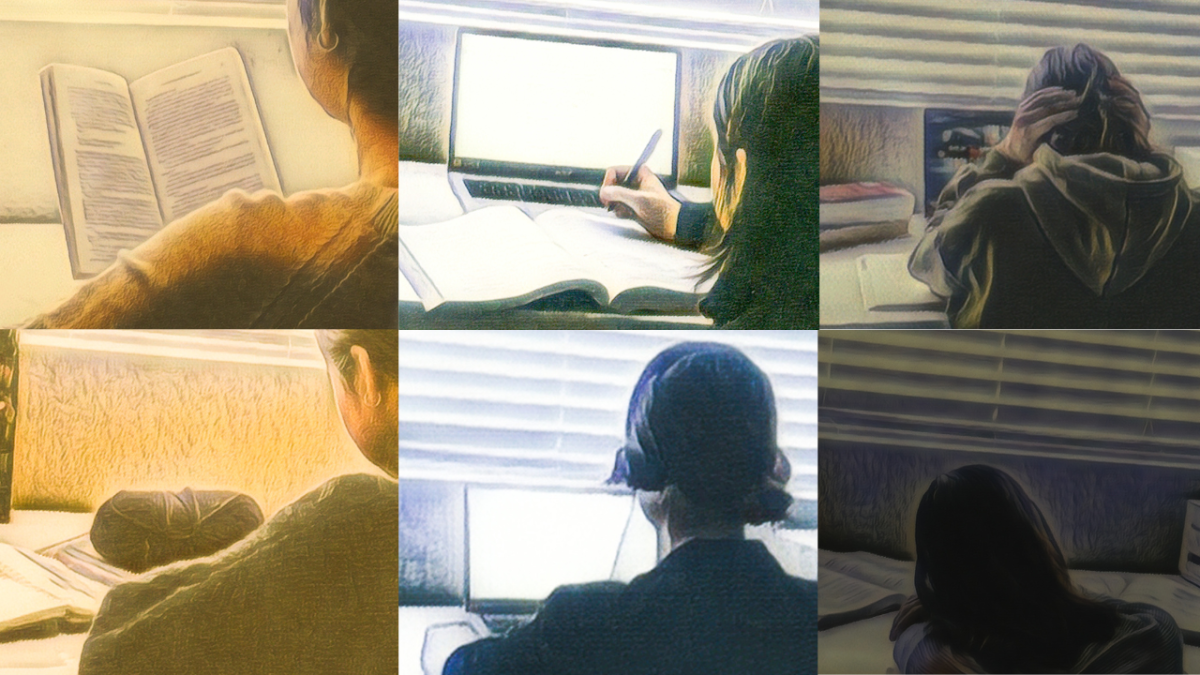Snap Out of It
October 23, 2014
Snapchat: The smart phone app that has altered the face of instant communication via pictures, as opposed to standard text messages. While easy, instantaneous, and convenient, this application has been caught in a series of privacy scandals since its launching in September of 2011.
The Snapchat corporation has promised its users full deletion of photos and messages within seconds after delivery; however, recent photo leaks have proved this promise to be faulty. According to Mike Isaac of the New York Times, the three unknown men who are responsible for the most recent leak have revealed that the 40,000 plus images were saved on Snapsaved.com, a web tool that when conncected to a Snapchat account would save a user’s photos and videos in an online storage locker.
Last week, the three men claimed that their experiment went haywire when their servers were breached. A handful of people on the online message board 4chan claimed to have access to a huge stash of private photos, including potential child pornography, stolen from Snapsaved.com.
While clarifying that it was their own website that was hacked, not Snapchat, the three Snapsaved.com creators apologized repetitively for the scandal and allegedly took down the website in order to dodge further criticism.
The most recent leak serves as a prominent wake up call to all snapchat users, particularly the teenagers who broadcast every waking moment of their lives on social media. “If you wouldn’t send it to your grandmother, why would you send it out through the internet?”, questions Sophomore Kamy Heyman. There are certain things that simply do not need to be shared, regardless of how interesting (or disturbing) the said thing is.
The problem with living in a generation that feels the need to constantly be connected, is that people often do not realize the potential damage that they can to to themselves by sending pictures of anything and everything. As the need to be socially connected 24/7 increases, so will the need for young people to realize the effects of their choices on social media.





































